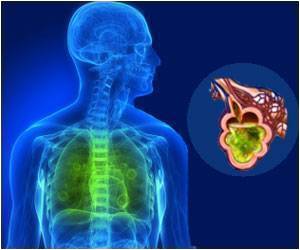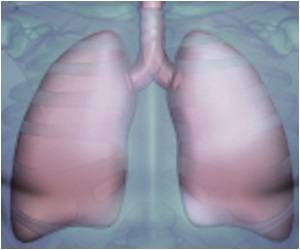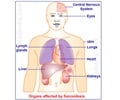
‘Cleaning wind instruments immediately after playing them and allowing them to drip dry could theoretically curb the risk of microbe growth.’
Tweet it Now
The man had a dry cough and progressive breathlessness for seven years, despite treatment with immunosuppressant drugs. The doctors identified multiple potential precipitating antigens isolated from his bagpipes. He died as a result of extensive lung damage consistent with acute respiratory distress syndrome and tissue fibrosis (scarring), the study said.
"This is the first case that identified fungal exposure, from a bagpipe player, as a potential trigger for the development of (hypersensitivity pneumonitis)," said Jenny King from University Hospital of South Manchester (UHSM) in Manchester, Britain.
The findings showed that interiors of wind instruments turn moist and may thus foster growth of fungi or moulds that can lead to hypersensitivity pneumonitis, that gets triggered by the immune system's response to an inhaled environmental antigen.
The condition can eventually progress to disabling or fatal lung disease, the authors noted, adding that any type of wind instrument could be contaminated with yeasts and moulds, making players susceptible to the risk of hypersensitivity pneumonitis.
Advertisement
Source-IANS













